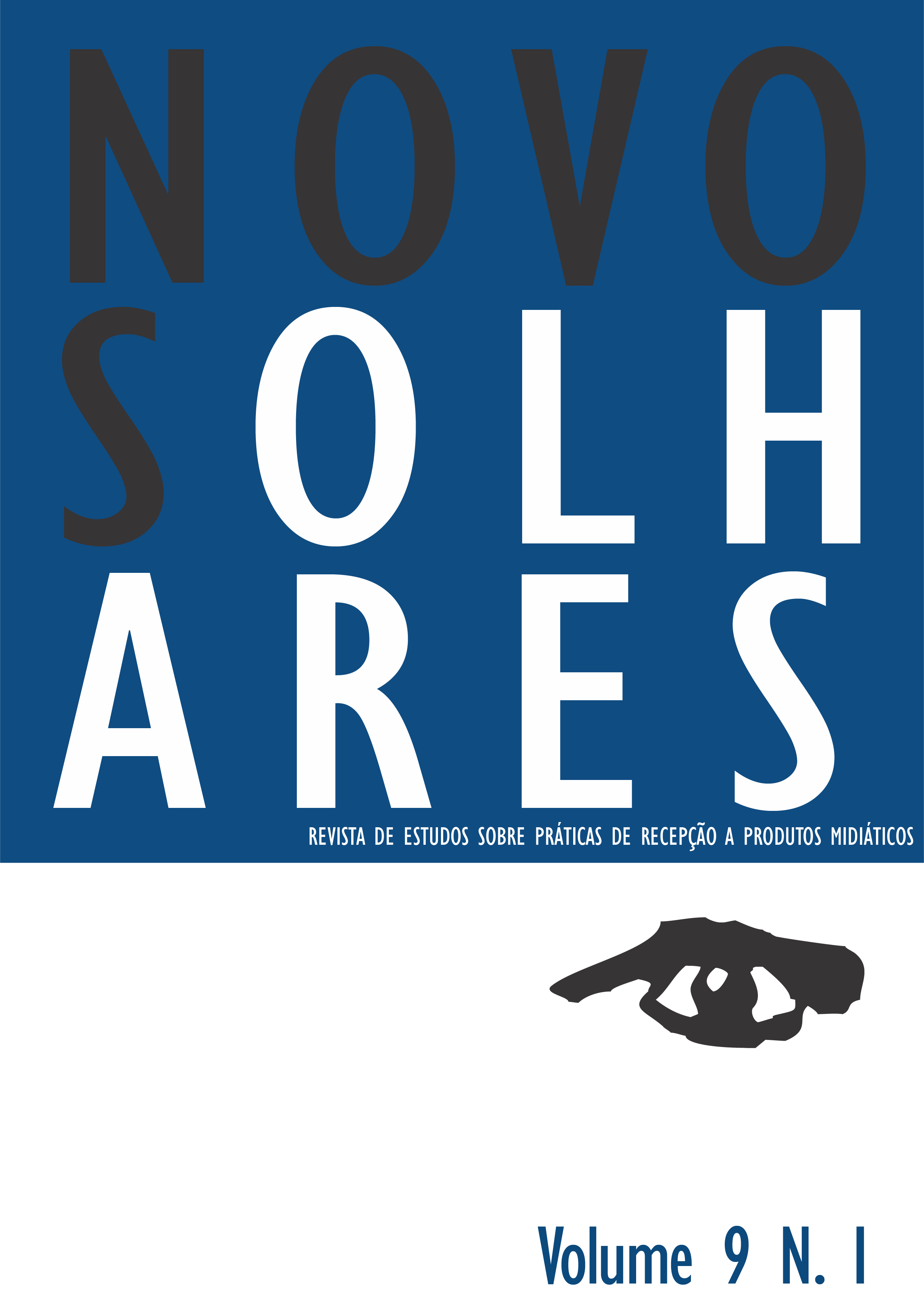Shanghai gangster films and the politics of change
a study of Lord of the East China Sea (1993) and The Last Tycoon (2012)
DOI:
https://doi.org/10.11606/issn.2238-7714.no.2020.172000Keywords:
Gangster film, Hong Kong Film Industry, Globalization, Shanghai, Du YueshengAbstract
In this paper through a very close textual reading I will show the ideological differences between two films based on the life of Shanghai gangster Du Yuesheng (1888, Pudong – 1951, Hong Kong) through close formal and narrative analysis. Du was already a celebrity in his day in the Republican era and is still a con-troversial figure in Greater China. However, there are only two films based on the life of the French Con-cession opium kingpin, the recent Hong Kong/PRC co-production The Last Tycoon (Da Shang Hai, Wong Jing, 2012) and the epic two part Lord of the East China Sea I & II (Shang Hai huang di zhi: Sui yue feng yun & Shang Hai huang di zhi: Xiong ba tia xia, Hong Kong, Poon Man-kit 1993). I show how these films reflect HK's and China's politico-economic changes focusing on the representation of social class and the subject, depiction of internal migration and immigration, and nationalism. The films will be discussed in their relation to changes in the Hong Kong film industry, Chinese and world cinema and the transnational gangster genre, showing how local and global cinemas have affected these films.
Downloads
References
BUCK-MORSS, S. Dreamworld and Catastrophe, The Passing of Mass Utopia in the East and West. Cambridge: MIT Press, 2000.
GOODMAN, D. S. G. Class in Contemporary China. Cambridge: Polity Press, 2014.
INGLE, Z. Temptress Moon. In: BERRA, J.; JU, W. (org.) World Film Locations: Shanghai. Bristol: Intellect Press, 2014, 40-41.
KAMINSKY, S. M. Little Caesar and its Role in the Gangster Film Genre. In: SILVER, A.; URSINI, J. (org.) The Gangster Film Reader. Pompton Plains: Limelight Editions, 2007, pp. 47-63.
LAM, D. The Cinema of Development: Class Factors and Global Trends in Hong Kong Cinema. 2013. Tese (Doutorado), Hong Kong University, 2013.
MARTIN, B. G. The Shanghai Green Gang, Politics and Organized Crime 1919-1937. Berkeley: University of California Press, 1996.
MILLER, T. China's Urban Billion, The Story About the Biggest Human Migration in History. Londres: Zed Books, 2012.
ONG, A. Flexible Citizenship, The Cultural Logics of Transnationality. Durham: Duke University Press, 1999.
FENG, W.; YANG, S. Communist Resilience, Institutional Adaptations in Post-Tiananmen China. In: BANDELJ, N.; SOLINGER, D. J. (org.) Socialism Vanquished, Socialism Challanged, Eastern Europe and China, 1989-2009. Nova York: Oxford University Press, 2012, pp. 219-237.
ROFEL, L. Desiring China: Experiments in Neoliberalism, Sexuality and Public Culture. Durham: Duke University Press, 2007.
SZETO, M. M.; Chen, Y. Mainlandization and Neoliberalism with Postcolonial and Chinese Characteristics, Challenges for the Hong Kong Film Industry. In: KAPUR, J.; WAGNER, K. B. (org.) Neoliberalism and Global Cinema, Capital, Culture and Marxist Critique. Nova York: Routledge, 2011, pp. 239-260.
SZETO, M. M.; Chen, Y. To Work or Not to Work: the dilemma of Hong Kong Film Labor in the Age of mainlandization. Jump Cut, vol. 55, 2013. Disponível em: http://ejumpcut.org/archive/jc55.2013/SzetoChenHongKong/
TEO, S. Hong Kong Cinema: The Extra Dimensions. Londres: BFI Publishing, 2002.
TEO, S. The Asian Cinema Experience. Nova York: Routledge, 2013.
WARSHOW, R. The Gangster as a Tragic Hero. In: SILVER, A.; URSINI, J. (org.) The Gangster Film Reader. Pompton Plains: Limelight Editions, 2007, pp. 11-16.
WILLIAMS, T. The Hong Kong Gangster Film. In: SILVER, A.; URSINI, J. (org.) The Gangster Film Reader. Pompton Plains: Limelight Editions, 2007, pp. 356-379.
YAU, E. Border Crossing: Mainland China's Presence in Hong Kong Cinema. In: BROWNE, N. et al. (org.) New Chinese Cinemas, Forms, Identities, Politics. Nova York: Cambridge University Press, 1994, pp. 180-201.
XIAO, Y. “Leitmotif”: State, Market and Postsocialist Film Industry under Neoliberal Globalization. In: KAPUR, J.; WAGNER, K. B. (org.) Neoliberalism and Global Cinema, Capital, Culture and Marxist Critique. Nova York: Routledge, 2011, pp. 157-179.
Downloads
Published
Issue
Section
License
Proposta de Aviso de Direito Autoral Creative Commons
1. Proposta de Política para Periódicos de Acesso Livre
Autores que publicam nesta revista concordam com os seguintes termos:
- Autores mantém os direitos autorais e concedem à revista o direito de primeira publicação, com o trabalho simultaneamente licenciado sob a Licença Creative Commons Attribution CC Attribution-NonCommercial-NoDerivatives 4.0, que permite o compartilhamento do trabalho com reconhecimento da autoria e publicação inicial nesta revista.
- Autores têm autorização para assumir contratos adicionais separadamente, para distribuição não-exclusiva da versão do trabalho publicada nesta revista (ex.: publicar em repositório institucional ou como capítulo de livro), com reconhecimento de autoria e publicação inicial nesta revista.
- Autores têm permissão e são estimulados a publicar e distribuir seu trabalho online (ex.: em repositórios institucionais ou na sua página pessoal) a qualquer ponto antes ou durante o processo editorial, já que isso pode gerar alterações produtivas, bem como aumentar o impacto e a citação do trabalho publicado.



